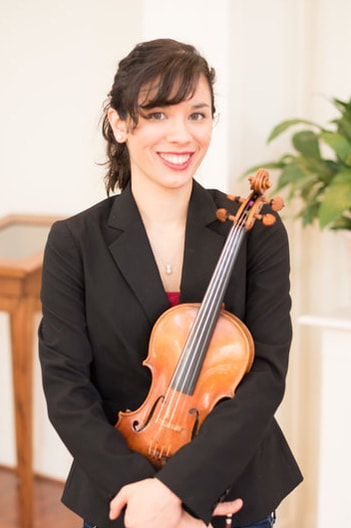1. Give yourself a break. Everyone needs some downtime. After my semester at music school is over, the first thing I do is allow myself to sleep until I wake up - without the alarm clock! Take some time away from your school environment. Reconnect with nature by taking walks in a park and soak up the sun, especially if you've spent the last several months in a practice room. Listen to music that's completely unrelated to what you've been working on. Give yourself permission to practice only if you want to and only music that you want to play! (note: this is not for the whole summer.)
2. Go to a summer festival. If you haven't already been accepted to one, chances are that it's too late for this summer. However, take some time and do some research to find a summer music festival that you're interested. If you're going on vacation at all, see if there are any festivals nearby and go to a concert. Summer festivals are great, because they allow you to learn music in a completely different environment from your school or your teacher. It is so easy to get caught up in our own little worlds and to forget that there are lots of other schools and teachers out there. Festivals are wonderful for networking. For students beginning an application process for college or graduate study, it's worth it to try and study with teachers you are interested in for the summer. It's a good way to make a connection and to have an edge when application and audition season starts. Here are a couple of links with lists of festivals to get your research started:http://www.peabody.jhu.edu/960
http://www.peabody.jhu.edu/2748
3. Focus on technique. This summer, when I'm not at the National Orchestral Institute, I'll be playing scales. Lots of them. All of them, hopefully. My teacher and I have been working very carefully on a lot of changes in my fundamental technique, so scales are a great way for me to integrate the changes. It's hard to do this at school - you have classes, ensemble rehearsals, other commitments, etc. Summer is a wonderful time to reduce the intensity of your schedule and to increase the intensity of your focus in your practicing.
4. Create your own masterclasses. Even if you don't have the opportunity or means to go to a festival this summer, if you have an internet connection you can still expose yourself to great artistry. Check out the videos from the Queen Elisabeth Competition on their website. Purchase dvds of the famous Jascha Heifetz masterclasses, or of other famous teachers. There are a lot of resources out there. Decide that you're going to listen to all nine Beethoven symphonies and do it. You have unlimited resources at your fingertips - take advantage of this and spend some of your summer listening to great music and learning from masters. There are also a number of books out there written by great violinists that you could learn from. Of course, you should always, always, talk with your violin teacher about any changes you want to make to your playing. Remember that your teacher knows you and that the videos you're watching and the books you're reading are aimed at a general audience.
5. Be careful about taking time off. Taking time away from your instrument can be a good thing. It gives you a physical and mental rest. However, it's not the time off - it's how long it will take you to get back in shape when you come back to the instrument. Last year, my mom and I went on vacation to Italy for ten days and I didn't take my violin. I experienced a little bit of withdrawal, but I found that gelato is a suitable substitute for violin. ;-) When I came home, though, the violin felt incredibly unfamiliar and my stamina was gone. I could play for maybe ten minutes at a time before I needed a break. I think it's Heifetz who is quoted as saying, "If I don't practice for one day, I know it. Two days, the critics know it. Three days, the audience knows it." So, make sure to plan your time off - and your return to the instrument - accordingly!

 RSS Feed
RSS Feed